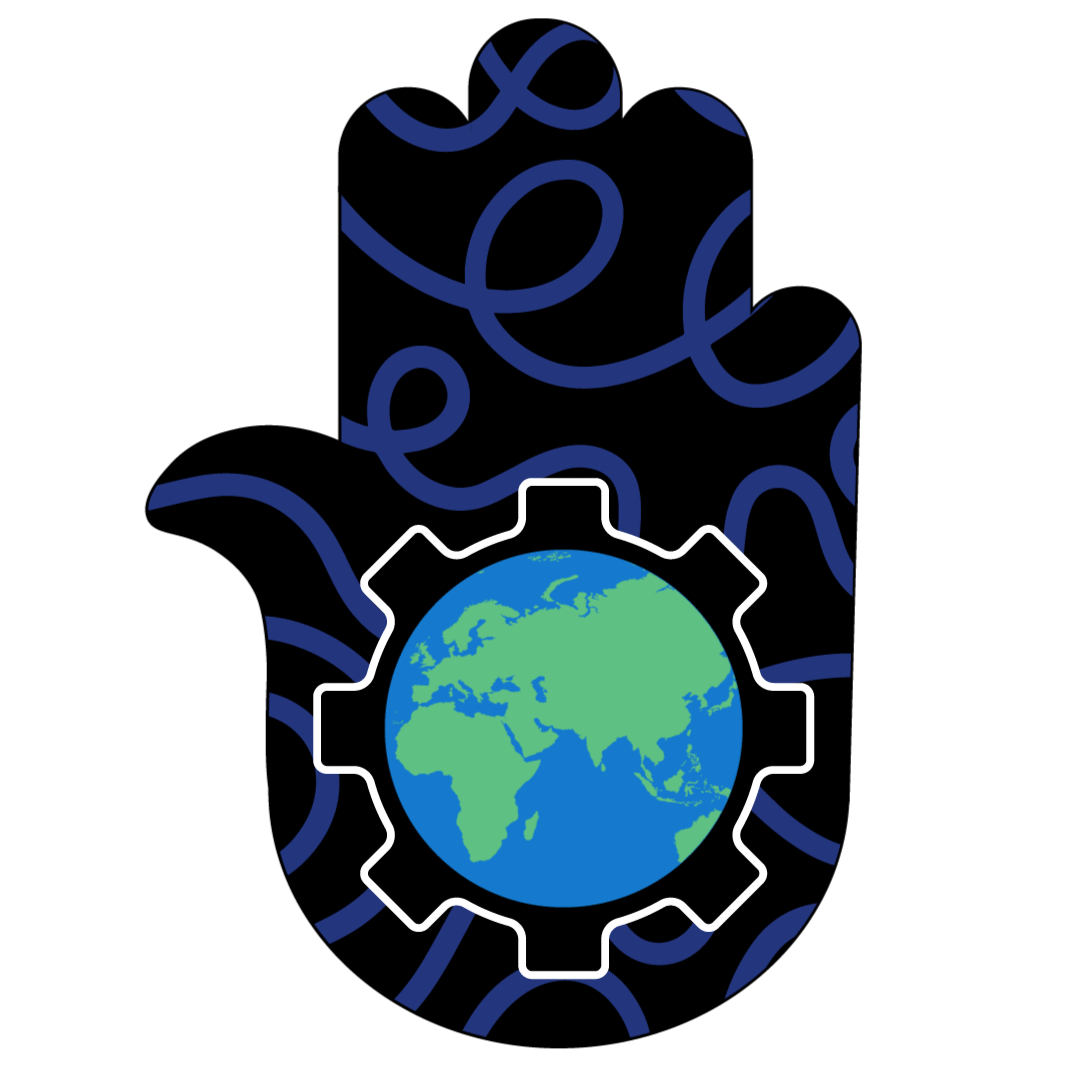Connecting Worlds: Rémi Dewière at the 9th IMHA Congress in Busan
The 9th International Maritime History Congress (IMHA), convened in Busan (South Korea) in August 2024.The 2024 edition, organized under the theme “Oceans: Local Mobility, Global Connectivity,” brought together scholars from a wide range of backgrounds to examine the diverse roles of the oceans in shaping human societies. The global scope of this year’s theme, with its particular emphasis on mobility and connectivity, provided an ideal context for members of the project to present the outcomes of their research.
Within this context, our project members Rémi Dewière and Floris van Swet organised a panel that sought to challenge and expand the traditional frontiers of maritime history, by placing emphasis on migrants’ roles in technological dialogue in the field of maritime history. The session entitled “Waves of Opportunity: Movement and Technological Dialogue in the Early Modern World” was particularly significant, as it addressed the circulation of technical knowledge through the mobility of skilled individuals—such as sailors, shipbuilders, and navigators—who contributed to the diffusion and adaptation of maritime technologies across continents. Furthermore, Rémi organised the panel “Desert and the Sea in the Islamic World”, which proposed an original perspective by inviting participants to consider the Sahara as a “liquid space,” thus drawing fruitful parallels between desert and maritime environments and highlighting the role of Islamic societies in connecting these worlds through trade, law, and cultural exchange.
In Busan, Rémi chaired both panels (as Floris was eventually unable to attend due to the birth of his daughter). The discussions and exchanges amongst the invited specialists—including Graham Kerr, Bruce Hall, Gül Sen, Peter Shapinsky, and Cheikh Sene—highlighted the did much to expand on and unpack the many themes addressed in the sessions. The debates underscored the central role of migration in facilitating technological innovation across both maritime and terrestrial domains.
This engagement at the IMHA Congress proved a great platform to discuss the themes and topics of the project and discuss them with experts in maritime history. We found a lot of resonance with the project’s main focus: that human mobility, particularly among skilled actors, was a decisive factor in technological change between 1500 and 1800. The comparative approach adopted in the panels, which brought together case studies from Asia, Africa, and Europe, further allowed us to build on our analyses and findings and produced valuable exchange with an international audience.


